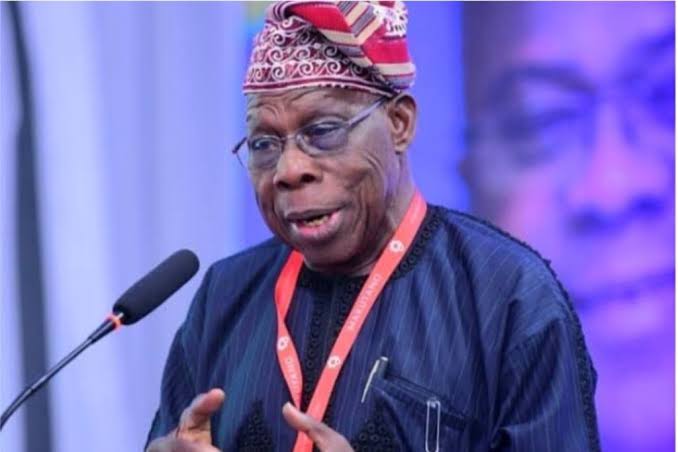Former President Olusegun Obasanjo recently disclosed how former military Head of State, Gen. Abdulsalami Abubakar, retd., almost cost Nigeria a $280 million telecommunications deal.
Obasanjo explained that during Nigeria’s transition from landline to mobile telephones, several major telecommunication companies approached the country, offering to provide mobile services.
However, Abubakar intended to award the contract to his associates for just $3 million.
Obasanjo sadi he intervened, proposing that the contract should be auctioned, with the highest bidder winning the deal, which ultimately led to a $280 million transaction.
He shared this story at the launch of a book titled The Catalyst: Nigerian ICT Evolution through a Journalist’s Lens, written by former Editor of The PUNCH newspaper, Dayo Oketola, in Lagos.
Reflecting on the evolution of telecommunications in Nigeria, Obasanjo said: “The history of telecommunications, particularly mobile technology, is quite fascinating. Before the mobile era, despite significant investments and the involvement of companies from the U.S., France, and Britain, Nigeria only managed to establish 500,000 landlines. People had to queue at phone booths to call family members abroad. Then, the mobile telephone revolution arrived.”
“When it came in, my predecessor in office was trying to give it away, I think, to their friend for $3 million. Then we said, what we would do was to auction it. The three that came in first, I think, paid $280 million for the line. $280 million for something about to be given away for $3 million. That was the first thing we did. Not only that, we achieved competition.
“The three of them were competing. And, of course, the one that had the upper hand in terms of spread, I think, was MTN, followed by Glo. And then, there was Econet. They are now Airtel. And then, of course, later on, we had the fourth one, Etisalat. When Etisalat came, I told them the last one we did was $280 million. We told Etisalat to pay $450 million. They did.
“When they paid $450 million, the ball went in the post and then we were playing. That was how we got money to do what we did at the time we did it. That opportunity can still be made available. The money to develop Nigeria is out there, but that money will not come in unless we create a conducive atmosphere for that money to come in.
“What we did or what Nigeria has done in the good days when things were going well, are still there and can still be done today only if we put ourselves and we are honest to ourselves. We have to show character and attitude.”
(Vanguard)






Leave a Reply